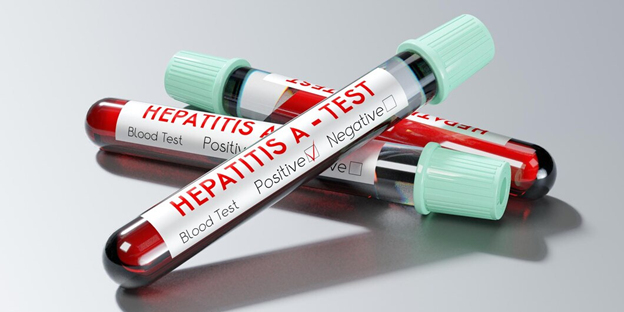An infectious liver disease caused by the hepatitis A virus (HAV). It is one of several forms of viral hepatitis and, although typically a self-limiting condition, it leads to significant health complications, particularly in older adults or individuals with pre-existing liver disorders. Fortunately, hepatitis A is preventable through vaccination and adherence to proper hygiene practices.
How Is Hepatitis A Spread?
It is transmitted through the ingestion of contaminated food or water. It also spread through close contact with an infected person, especially in places with poor sanitation. The virus is often present in the feces of an infected person, so infection can occur when contaminated hands touch food or other surfaces that come into contact with the mouth.
What Are the Symptoms of Hepatitis A?
Hepatitis A symptoms can appear 2 to 6 weeks after exposure to the virus. They include:
- Fatigue
- Nausea and vomiting
- Abdominal pain or discomfort, especially in the upper right side
- Loss of appetite
- Jaundice (yellowing of the skin and eyes)
- Dark urine
- Pale stools
- Low-grade fever
In some cases, particularly in young children, symptoms may be very mild or not present at all.
How Is Hepatitis Diagnosed and Treated?
Hepatitis A is typically diagnosed through blood tests that detect HAV antibodies. Treatment mainly focuses on managing symptoms, such as rest, hydration, and proper nutrition. Most of the people recover fully within a few weeks to a few months.
How Can Hepatitis a Be Prevented?
The most effective way to prevent hepatitis A is through vaccine. The vaccine is safe and effective, offering long-term protection. Practicing good hygiene is also critical, always wash your hands thoroughly, particularly before eating or preparing food and after using the bathroom.
Hepatitis A is a preventable viral infection that can cause serious liver inflammation. Vaccination and good hygiene are key to preventing the spread of the virus and protecting health. If you suspect exposure or experience symptoms, consult a healthcare provider for diagnosis and management.


